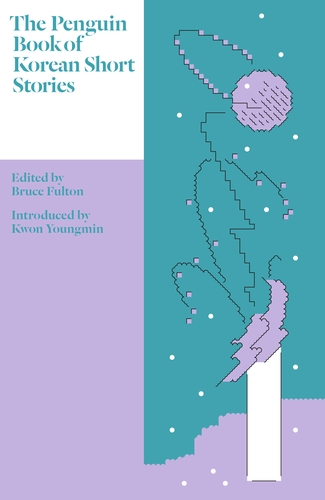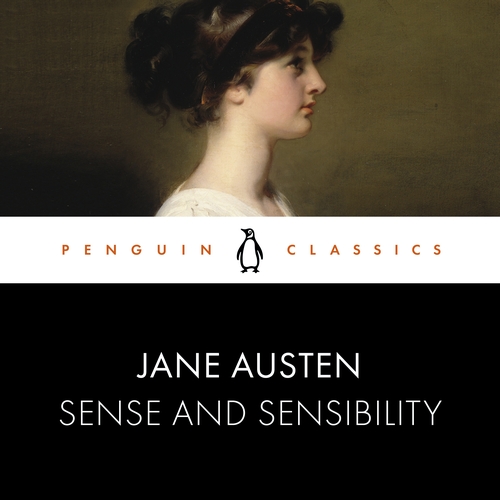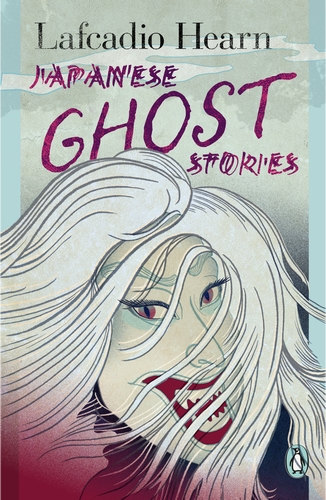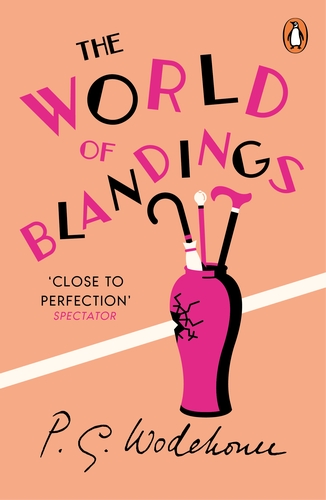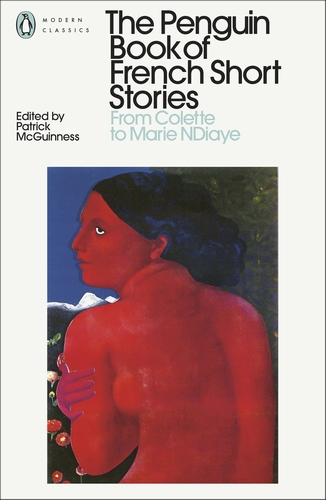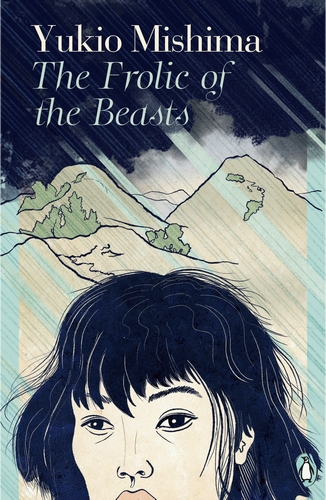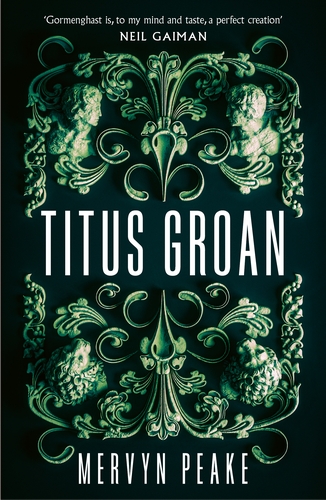Author:Stanley Middleton

John Taylor, an accountant, has been deserted by his wife, Stella, after three years of marriage. He struggles to make sense of his life. At a concert he meets his old music master, Michael Alexander, whose son Sebastian, an international cello virtuoso, is the evening's soloist. Stella soon returns to her husband's house, asking if he will take her back. Taylor, who is having an affair with his secretary, is much perplexed. The Taylors and the Alexanders, Michael, Sebastian and his opera-singer wife, meet, talk, and are gradually altered by the meetings. Slowly the estrangled Taylors come together, and the two families change to reach a compromise which is seen as love.
In fiction, we usually have to wait until long after the guns fall silent to hear such stories. Yet this precious act of literary reclamation on the part of Penguin Classics reveals a novel with a solar-plexus punch that was written from the dark heart of conflict
—— Boyd Tonkin , IndependentDeeply affecting and relevant
—— Paris ReviewAnselme's 1957 On Leave - now translated by the estimable David Bellos - follows three soldiers in Paris on a 10-day leave. In style and particularly in spirit, it resembles the early works of Aldous Huxley (Crome Yellow or Antic Hay), with their combination of lightness and intellect, their strong ethics and unexpected tenderness
—— New York TimesA rare find . . . a compelling read . . . the book captures with great precision the sense that all soldiers must feel on returning from the front: that their homeland is no longer home . . . David Bellos is not only one of the best translators in the world - and he is here at his casually brilliant best with a fluent and tangy scholarship - but is also a fine literary scholar. In excavating this forgotten and ignored book and restoring it to its proper context, he has quietly but irrevocably shifted our historical knowledge of what really went on in Paris during the Algerian conflict
—— Andrew Hussey , Literary ReviewThere are times when you are reminded what it means to be in the presence of a genius...with Amos Oz you have to add wisdom and hope too
—— ScotsmanInsightful, inventive and lyrical
—— New York TimesDelicately beautiful, atmospheric
—— Irish TimesPynchon leaves the rest of the American literary establishment at the starting gate...the range over which he moves is extraordinary, not simply in terms of ideas explored but also in the range of emotions he takes you through
—— Time OutThe most important and mysterious writer of his generation
—— TimeA warm and joyous read. There is softness about this book, but also a tinge of melancholy
—— Billy O’Callaghan , Irish Examiner[Vann is] such a fine craftsman.
—— ObserverStrange and sad and desperately readable
—— We Love This BookA kind of modern fairy tale, one laced with treachery and trials and the greatest demon of all to battle, the past ... Vann’s novels are striking, uncompromising portraits of American life; here is another exceptional example.
—— Booklist starred reviewBy pulling no punches in this explicit exploration of family, forgiveness, duty, acceptance, parent-child relationships, and what constitutes abuse, Vann has outdone himself.
—— Kirkus starred reviewA 12-year-old’s fragile world, mesmerizing innocence, and emerging adolescence are the heart of this alluring novel … Her fresh voice rings true … Since electrifying the literary world five years ago with his debut novel, Legend of a Suicide, Vann has racked up an astonishing number of international awards. This lovely, wrenching novel should add to that list.
—— Library Journal, starred reviewGenuinely thought-provoking.
—— CultureFlyVann’s deceptively simple style conceals the story’s raw emotional power.
—— Mail on Sunday